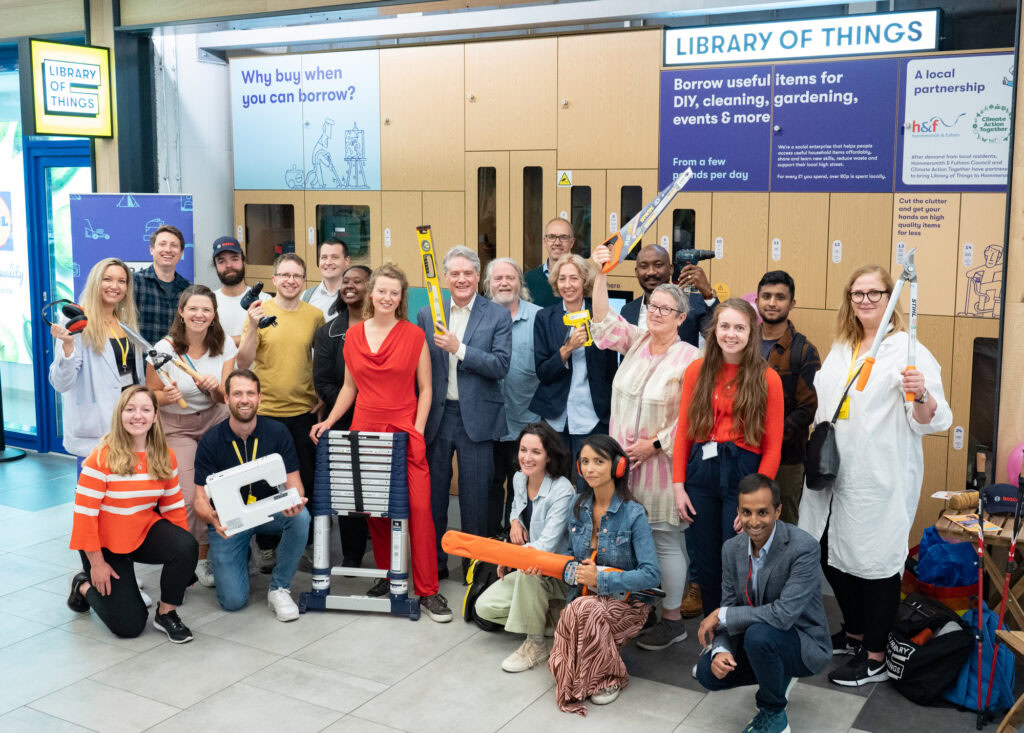LGA chairman Margaret Eaton claimed that, if councils were expected to introduce separate collections of garden waste it could prove “extremely costly” for them. And, she called for the final decision over exactly how biowaste was collected to remain with local authorities.

Compulsory collections of garden waste would be extremely costly for councils
Cllr Margaret Eaton, chairman, LGA
Her comments come in response to a Green Paper that was published for consultation by the EC in December 2008 to examine the current system of biowaste – biodegradable garden, kitchen and food waste – management and assess the need for future legislation governing it (see letsrecycle.com story).
In the paper, the EC suggested that investment in new facilities could be encouraged by “strengthening” the supply of “clean” bio-waste, which would “require organising national, regional or local separate collection of (selected) bio-waste”.
But, Cllr Eaton said: “It shouldn't be up to someone in Brussels, or even Whitehall, to decide whether a person in Birmingham needs a separate bin for their garden waste. It should be up to local councils to decide on what bin collections local people need.”
“Councils know their area and they operate the bin collections that are best for local people. That might be alternate weekly collections or it might be separate bins for different types of recycling. In some places, people will want a collection of their garden waste but clearly that's not going to be the case everywhere.”
She added: “Compulsory collections of garden waste would be extremely costly for councils. Extra bin collections would have to be laid on and new bins would need to be provided.
“In the last five years the amount of waste councils collected that can be composted has more than doubled. Compulsory collections aren't the answer.”
Expensive
In its response to the EC consultation on the Green Paper, which ended on March 15, the LGA said that some local authorities had invested significantly in technologies that treat mixed waste and claimed that imposing separate collections would be prohibitively expensive and potentially environmentally damaging.
It also questioned the need to strengthen the exisiting Landfill Directive or create additional legislation, claiming that such measures could “jeapordise long-term strategies and investments and did not take into account the impact of local conditions on biowaste management”.
Defra
In its response to the consultation that was published last month, Defra expressed concern that the plans in the Green Paper could discourage the uptake of anaerobic digestion technology – because it is not clear as yet whether food turned into biogas will count towards the 50% household recycling target (see letsrecycle.com story).
The Commission's work on biowaste is now expected to see it compiling an impact assessment on any potential legislative proposal for biowaste management, basing the options that it assesses on the results of the Green Paper consultation.
Within this project it has said it envisages holding at least one consultation, which is expected to take place in August or September 2009.









Subscribe for free